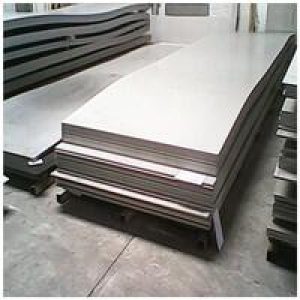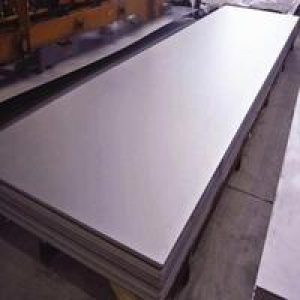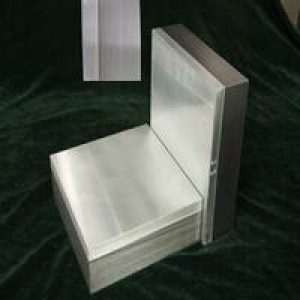Overview of Titanium Grade 5 Sheet Fracture Alloy Plate Flat Iron Per Kg
Titanium steel composite plates are engineered by bonding layers of titanium and steel through various processes such as explosion bonding, roll bonding, or cladding. The aim is to harness the benefits of both metals: the lightweight, high strength, and corrosion resistance of titanium with the affordability and structural integrity of steel.
Features of Titanium Steel Composite Plate
- Corrosion Resistance: The titanium layer offers excellent protection against corrosion, particularly in chloride-rich environments like seawater.
- Strength & Lightweight: Titanium is known for its high strength-to-weight ratio, enhancing component performance without adding excessive weight.
- Thermal Stability: The composite can withstand high temperatures and exhibit good thermal conductivity.
- Wear Resistance: The steel layer contributes to the plate’s hardness and wear resistance, extending service life in abrasive conditions.
- Bond Strength: Advanced bonding techniques ensure a strong interfacial bond between the titanium and steel layers, maintaining structural integrity.
- Formability & Machinability: Despite being a composite material, it can be formed, welded, and machined using appropriate techniques.
Applications of Titanium Grade 5 Sheet Fracture Alloy Plate Flat Iron Per Kg
These composite plates find use in a wide range of industries including:
- Petrochemical & Chemical Processing: For equipment resistant to corrosive chemicals.
- Marine & Offshore: In shipbuilding and offshore platforms due to their resistance to seawater corrosion.
- Power Generation: Turbines, heat exchangers, and other high-temperature, high-pressure applications.
- Aerospace: Parts requiring a balance of strength and weight reduction.
- Automotive & Racing: High-performance components subject to stress and corrosion.
- Medical Devices: Implants and surgical instruments benefiting from biocompatibility and strength.
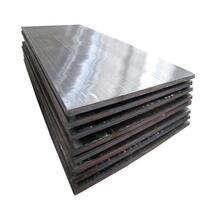
(Titanium Grade 5 Sheet Fracture Alloy Plate Flat Iron Per Kg)
Parameters of Titanium Grade 5 Sheet Fracture Alloy Plate Flat Iron Per Kg
Titanium Grade 5 Sheet Fracture alloy plate flat iron per kg parameter refers to the weight of a specific type of titanium alloy plate that is made from pure titanium, divided into different grades and fractions as per the requirements.
The weight of the sheet is determined by the number of grams in each unit weight, which can be calculated based on the size and thickness of the plate.
It’s important to note that the exact weight of a particular vary depending on factors such as its composition, temperature, and manufacturing process. The specifications for titanium alloys will typically include detailed information about the grade and fraction of titanium used in the plate, as well as any other relevant parameters such as yield strength, ultimate tensile strength, and corrosion resistance.
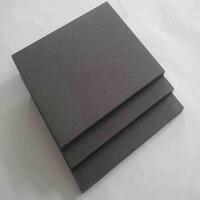
(Titanium Grade 5 Sheet Fracture Alloy Plate Flat Iron Per Kg)
Company Profile
Metal Plates 4u is a trusted global metal material supplier & manufacturer with over 12-year-experience in providing super high-quality metal clad and relatives products.
The company has a professional technical department and Quality Supervision Department, a well-equipped laboratory, and equipped with advanced testing equipment and after-sales customer service center.
If you are looking for high-quality metal alloy clad and relative products, please feel free to contact us or click on the needed products to send an inquiry.
Payment Methods
L/C, T/T, Western Union, Paypal, Credit Card etc.
Shipment
It could be shipped by sea, by air, or by reveal ASAP as soon as repayment receipt.
FAQs of Titanium Grade 5 Sheet Fracture Alloy Plate Flat Iron Per Kg
Q: What is the difference between Titanium Grade 5 Sheet Fracture Alloy Plate Flat Iron Per Kg and pure titanium or steel?
A: Titanium Grade 5 Sheet Fracture Alloy Plate Flat Iron Per Kg combines the advantages of both metals: titanium’s light weight, corrosion resistance, and biocompatibility with steel’s strength, affordability, and machinability.
Q: How is the bonding between titanium and steel achieved?
A: Bonding methods include explosion bonding, which uses controlled explosions to fuse the metals, roll bonding where the metals are pressed together under high pressure, and cladding, a process involving heat and pressure or welding to adhere the layers.
Q: Is Titanium Grade 5 Sheet Fracture Alloy Plate Flat Iron Per Kg suitable for high-temperature applications?
A: Yes, it can withstand high temperatures, making them suitable for applications like heat exchangers and certain aerospace parts. However, the maximum operating temperature depends on the specific grades of titanium and steel used.
Q: How does the cost of Titanium Grade 5 Sheet Fracture Alloy Plate Flat Iron Per Kg to pure titanium products?
A: While Titanium Grade 5 Sheet Fracture Alloy Plate Flat Iron Per Kg is generally more expensive than pure steel products, they are less costly than pure titanium items, offering a cost-effective solution that leverages titanium’s benefits without its full expense.
Q: Can Titanium Grade 5 Sheet Fracture Alloy Plate Flat Iron Per Kg be recycled?
A: Yes, both titanium and steel are recyclable materials. However, the recycling process might be more complex due to the composite nature of the material and would require specialized facilities.
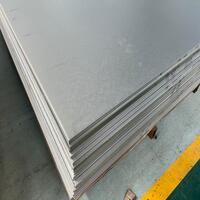
(Titanium Grade 5 Sheet Fracture Alloy Plate Flat Iron Per Kg)



